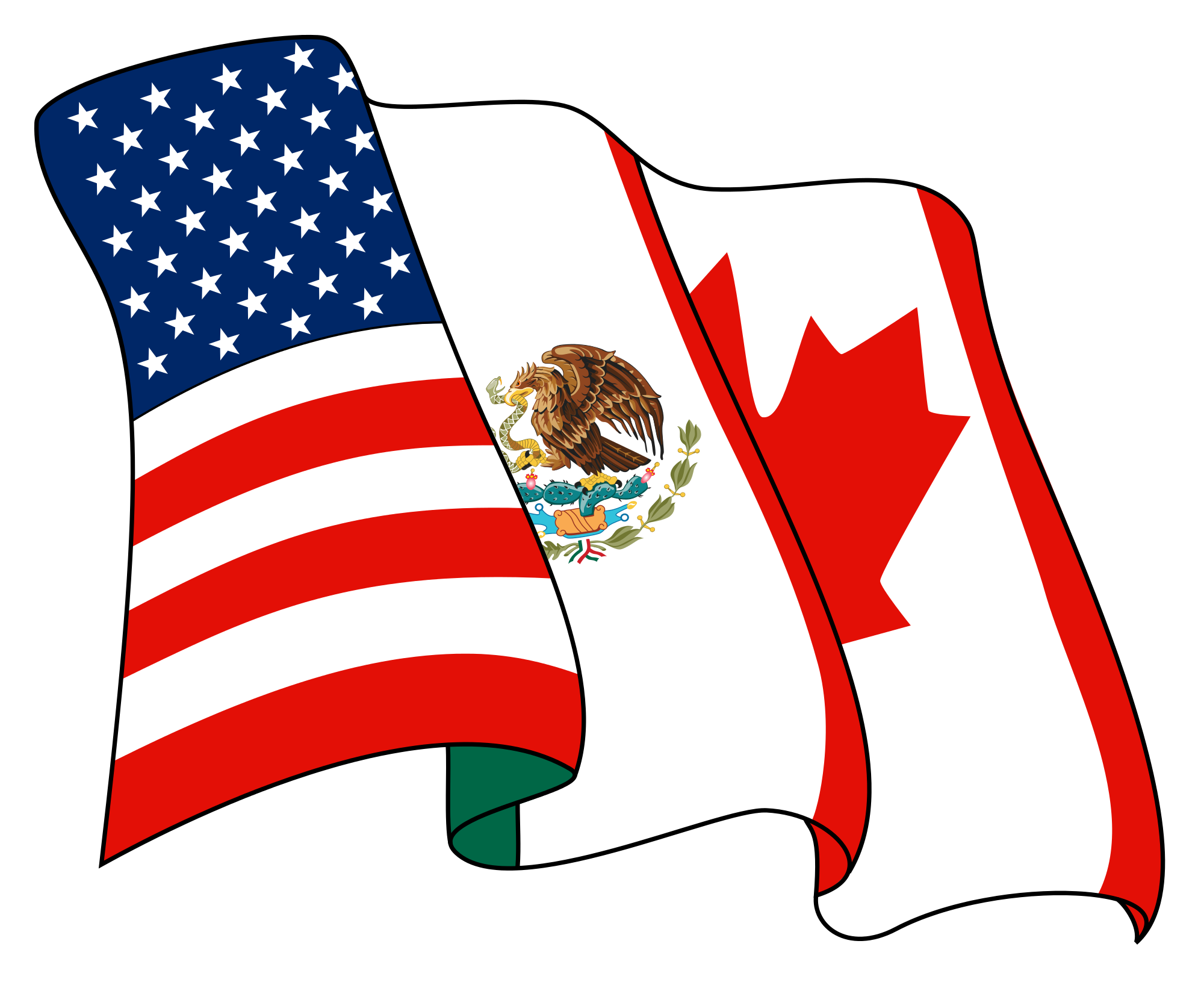The dying cities of the Rust Belt shouldn’t have brain gain. But they do. Real estate appreciation within an urban core suffering from demographic decline doesn’t make any sense. Yet these neighborhoods exist in places such as Buffalo and Pittsburgh. To be young, college-educated, and white means to flee where manufacturing used to rule. Boom goes Detroit. Concerning migration, expect the unexpected in America’s …
Leid Stories – 09.23.15
Auto Workers Begin Voting on New Contracts. Deal or No Deal?
Starving for Education in Chicago: Hunger Strikers Fight for A School
About 40,000 workers are voting this week on whether to ratify a new four-year contract their union, the United Auto Workers, has worked out with Fiat Chrysler Automobiles. All eyes in the auto industry are looking for the outcome, which might predict how contract negotiations with General Motors and Ford Motor Co. will go as well. The industry employs 141,000 people.
Two longtime union workers discuss their concerns about the contract-negotiation process, the concessions they say the UAW has made, the definitive change in workers’ rights and benefits, and the outsourcing of jobs.
It took a 34-day hunger strike by 15 activists to force Chicago Public Schools to reopen the historic Dyett High School, shut down last year. But the fight’s just beginning, say the strikers, who envision the creation of the Dyett Global Leadership and Green Technology High School, and the rebirth of community control over education in the City of Chicago.
Black Agenda Radio – 09.14.15
– U.S. Justice Department announced that it will begin to focus on prosecuting individual corporate executives for crimes, rather than just fining their companies. But, Russell Mokhiber, editor of the Corporate Crime Reporter, says the Obama administration is just blowing hot air, and nothing has changed. Big banks and other corporations, and their top officers, are still too big to jail.
– The mayor of Baltimore, Stephanie Rawlings-Blake, says she will not run for re-election next year. Last week her administration announced it will pay the family of Freddie Gray $6.4 million as a settlement for his death in police custody. Also last week, a judge rejected a bid by lawyers for the six police officers charged in Freddie Gray’s death that their trial be moved to another jurisdiction. We spoke with Jill Carter, a young Baltimore lawyer who is widely considered to be the most radical member of the Maryland State legislature. Delegate Carter is from an activist family. She has run unsuccessfully for mayor of Baltimore, and may run again. Carter believes the rebellion over Freddie Gray’s death, and constant pressures from protesters, finally broke the current mayor’s will to continue in office.
– Jill Carter, a member of the Maryland House of Delegates, speaking from Baltimore.
– Black Agenda Report contributing writer Danny Haiphong draws moral and political inspiration from the late George Jackson, the San Quentin prison inmate who became a member of the Black Panther Party, and was killed by prison guards in August of 1971. Haiphong is author of an article in this week’s issue of BAR titled, “Why George Jackson Matters.” Haiphong is an activist with FIST – Fight Imperialism, Stand Together – in Boston, and has worked closely with local members of the Black Lives Matter organization.
– The Uhuru movement will soon have its own radio station. The African People’s Socialist Party, commonly known as the Uhuru Movement, won permission to operate a low-power FM radio station in St. Petersburg, Florida, the site of their party headquarters. Chairman Omali Yeshitela says a fundraiser will begin this weekend to raise money to put the station in opertion. We asked Yeshitela what the Uhuru Movement will bring to the airwaves.
– Chairman of the African People’s Socialist Party, commonly known as the Uhuru Movement, based in St. Petersburg, Florida. The Party’s African People’s Education and Defense Fund has won permission to operate a low-power FM radio station in the city, and will hold a marathon fund-raiser this Sunday to raise money to build the station’s transmitter and tower. We asked Yeshitela what the Uhuru Movement will bring to the airwaves.
Leid Stories – 09.01.15
Labor Pains for 137,000: The Auto Workers Union and Detroit’s Big 3
It’s six weeks since the United Auto Workers union began hardball negotiations with Detroit’s Big Three—General Motors Co., Ford Motor Co. and Fiat Chrysler Automobiles US—over a slew of issues related to a new contract for some 137,000 workers.
The current contract expires Sept. 14, and with no agreement yet struck on the top grievance—a two-tiered wage system that pays workers hired after 2007 about half what senior workers warn—union members have voted to authorize a strike against all three manufacturers in the event of “bad-faith” negotiations.
Frank Hammer, a retired 32-year GM worker and former chairman and president of the UAW’s 3,500-member Local 909 in Warren, Mich., for 12 years, takes us behind the scenes of the current negotiations, but with a blistering critique of the UAW. The union’s leadership has been capitulating to the dictates of the auto industry for more than a decade, Hammer contends.
What NAFTA can teach us about the Trans-Pacific Partnership trade deal By MICHAEL MUSKAL
The Obama administration this week will continue to wrestle with reluctant congressional Democrats seeking a compromise to advance the president’s hoped-for legacy of expanding trading relations with Asia. Although a variety of political concerns color the debate, the heart of the issue is economic: whether expanding free trade is good for the U.S. economy and for American workers, a key …
Our Own Health or Our Ecosystem? – J. Morris Hicks
My guess is that most people would answer that “our own health” is most important. Not because they’re selfish or uncaring about the environment, but because they probably don’t know what’s at stake should our ecosystem no longer be able to sustain us. And they don’t know the most powerful action we can take to promote ecological health. My answer …





